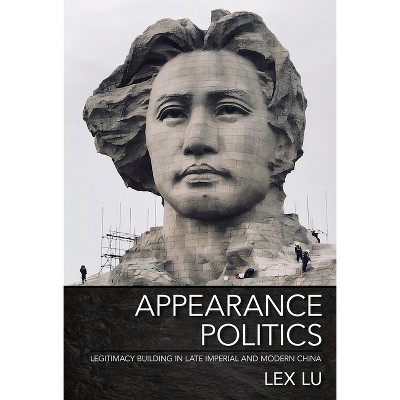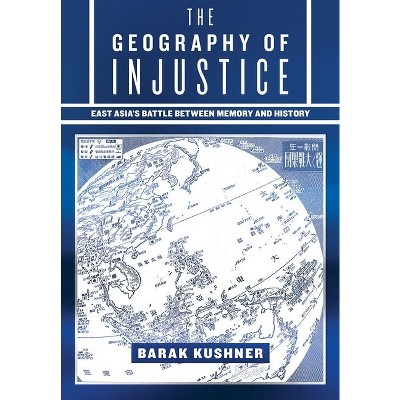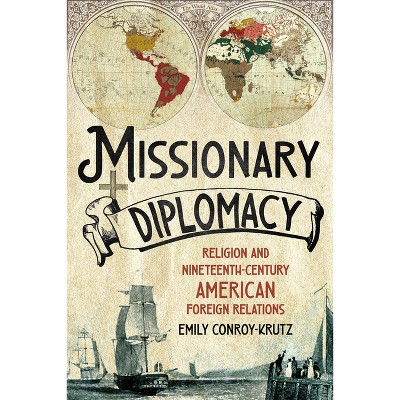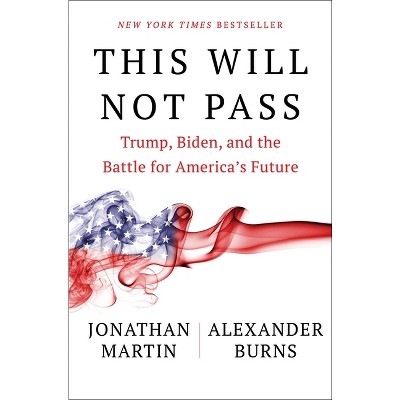
Disruption - by Michael de Groot (Hardcover)
$53.95Save $3.00 (5% off)
In Stock
Eligible for registries and wish lists
About this item
Additional product information and recommendations
Frequently bought together

$22.68
was $35.00 New lower price
1 out of 5 stars with 1 ratings
Related Categories
Trending Non-Fiction
















